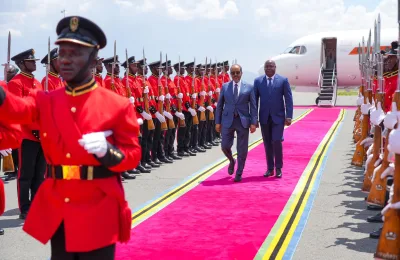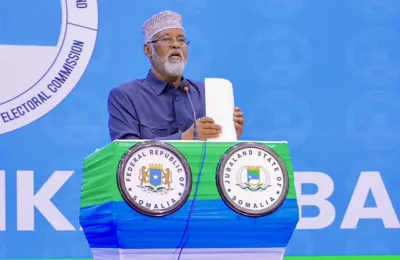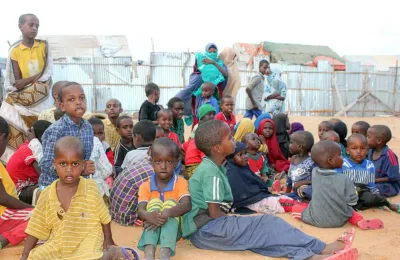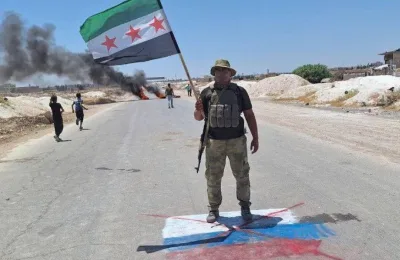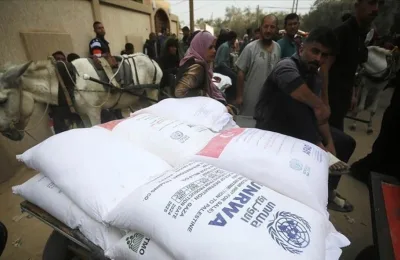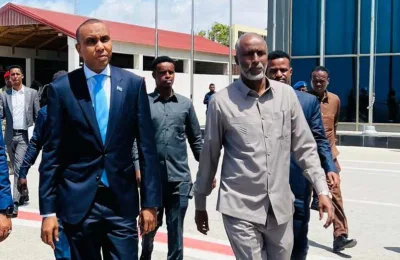An international human rights group says there is strong evidence that Kenya’s anti-terrorism police unit has…
 An international human rights group says there is strong evidence that Kenya’s anti-terrorism police unit has carried out a series of extrajudicial killings and enforced disappearances.
An international human rights group says there is strong evidence that Kenya’s anti-terrorism police unit has carried out a series of extrajudicial killings and enforced disappearances.
A Human Rights Watch report said on Monday that research conducted between November and June documented at least 10 cases of unlawful killings and 10 cases of enforced disappearances carried out by the unit.
At least 11 cases of mistreatment and harassment of suspects were also documented.
The police abuse reportedly rose sharply after Kenya was hit by a series of attacks by al-Shabab, an armed group based in neighbouring Somalia. Shabab apparently started launching attacks in the country after Nairobi backed AU security forces fighting the group in Somalia.
The HRW report said suspects were shot dead in public places, abducted from vehicles and courtrooms, beaten badly during arrest, detained in isolated blocks and denied contact with their families and access to lawyers, the group says.
Several Muslim clerics have been shot dead on the coast, including leaders accused of backing al-Shabab fighters.
‘Under government’s nose’
“Kenyan counter-terrorism forces appear to be killing and disappearing people right under the noses of top government officials, major embassies, and the United Nations,” said Leslie Lefkow, the deputy Africa director.
The HRW report also said that the unit “has been conducting abusive operations for years, sometimes very openly, yet the Kenyan authorities have done nothing to investigate, much less stop these crimes”.
“In some cases, members of the anti-riot forces known as the General Service Unit , military intelligence, and National Intelligence Service were implicated in abuses by the counterterrorism unit,” the rights group added.
The counterterrorism police unit receives significant support and training from the United States and the United Kingdom, HRW added.
“Donors need to carry out their own investigations of these abuses and suspend their assistance to abusive forces, or risk being complicit in Kenya’s culture of impunity,” the rights group said.


